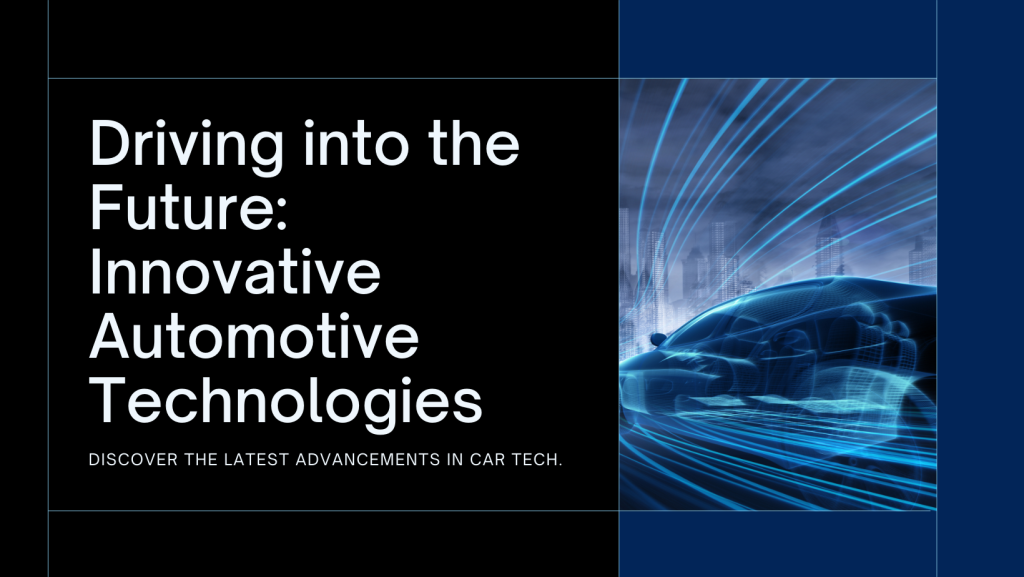The automotive sector is experiencing a technology revolution as a result of ground-breaking developments that are changing how we commute, drive, and engage with our cars. The next generation of automotive technology is set to completely change the driving experience for future generations, from smart networking and sustainable materials to electric propulsion and autonomous driving.
Among the most revolutionary developments in the automobile industry in recent years is electric propulsion. In light of air pollution and climate change issues, electric vehicles (EVs) present a more sustainable and environmentally friendly option than conventional gasoline-powered automobiles. Thanks to developments in battery technology, electric vehicles (EVs) are now more accessible, economical, and useful than ever. They can now travel over 300 miles between charges, and quick charging stations are popping up all over the place.
EVs are going to become the standard rather than the exception on roadways all around the world as more automakers decide to electrify their vehicles.
In the automotive sector, autonomous driving technology is yet another innovative area. Autonomous cars have the ability to transform transportation by doing away with the necessity for human drivers and lowering the amount of accidents brought on by mistake on account of sensor, camera, and artificial intelligence utilization. Semi-autonomous technologies like adaptive cruise control and lane-keeping assistance are currently standard on many contemporary automobiles, paving the way for a time when cars can drive themselves safely and effectively. Fully autonomous cars are still in the testing stage.
Additionally, smart connection is changing how we communicate with our cars and the outside environment. Connected vehicles, which combine internet connectivity with cutting-edge sensors, provide a number of advantages, such as over-the-air software updates, remote vehicle monitoring, and real-time navigation. Connected automobiles have the potential to improve mobility for all users on the road by introducing features like predictive maintenance and vehicle-to-vehicle communication.
The design and production of automobiles are also relying more and more on sustainable materials.
Automakers are looking into novel materials and production techniques that have a minimal environmental impact and lower carbon emissions as worries about environmental sustainability continue to rise. Sustainable materials are contributing to the development of more environmentally and energy-efficient automobiles than ever before, from bio-based composites and recycled plastics to lightweight metals and renewable textiles.
The automobile business has countless opportunities for innovation as we look to the future. Technological developments are changing the way we think about transportation and laying the groundwork for a safer, greener, and more enjoyable driving experience while also lowering emissions.




